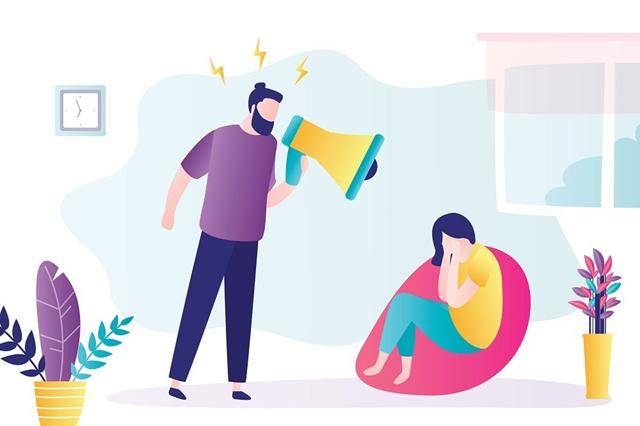You are here
Stop taking things personally
By Mariam Hakim - Oct 28,2018 - Last updated at Oct 28,2018

Photo courtesy of Family Flavours magazine
Relationships and Couples Therapist
Do you feel you overreact to certain people or situations? Do you get anxious, defensive or angry? “Taking things personally” is when we interpret other people’s actions and words as comments about us.
Imagine a person you know feeling bad about something and starting to blame you for causing those feelings in them. Does it trigger feelings of guilt or defensiveness in you? This is taking it personally — taking on the other person’s problem and shame as your own, thus allowing someone else to control your peace of mind and your self-esteem.
What are your triggers?
Triggers are emotional reactions to “old emotional wounds” from our past that were not processed and allowed to heal properly. A person’s comment, behaviour or body language can trigger old wounds and set off an emotional intensity similar to the one experienced in the past.
We know we have been triggered when we overact to someone’s comment or behaviour (or lack of), when our reaction is over the top and disproportionate to a comment or behaviour of another person. Each person reacts differently to certain events and situations, depending on each person’s unique personality and history; what triggers your partner or friend does not necessarily trigger you and vice versa.
Owning your reactions
Accept responsibility for how you react instead of falling into the role of the victim. Identifying what triggered you, instead of putting all the blame on the person or circumstances around you, will prevent you from feeling powerless and more in control of your life.
Recognising as soon as you get triggered
Before you are aware that you are experiencing an emotional reaction, you will feel it in your body as a sensation: your heart rate and breathing can change, muscle can tense up, you may feel tightness in your stomach. So stop for a moment and try to pinpoint those bodily sensations as soon as you feel them, and then try to identify and name the accompanying emotion. This might be difficult to identify at the beginning but the more you practice, the better you become. You can read a book about emotions or engage the help of a therapist.
Identifying what triggered your emotion
Instead of reacting, try to identify the reason why you are feeling this way. Maybe you are feeling angry because someone crossed your boundaries in the present but the pain was also compounded because your boundaries were often crossed in the past. Do not judge or fear your emotions but try to listen to them and accept them; they are messages from your body to inform you that you need to protect yourself or take some kind of action. Anger, for instance, serves a function in trying to tell you that someone violated your boundaries and you need to take care of yourself by resetting them, such as assertively asking for what you need or by drawing limits of some kind.
Reprinted with permission from Family Flavours magazine
Related Articles
Relationships and Couples TherapistIn my couple therapy practice in Jordan, I see many couples grapple with anger management issues.
In our daily lives, we encounter different individuals, each bringing their own special energy and influence. While some enrich our lives with positivity and support, others drain our emotional resources with negativity.
Have you ever been in a relationship where you always felt down, bad about yourself and tried to be someone else to please your partner? If your answer is “yes”, you probably were in a toxic relationship.

















